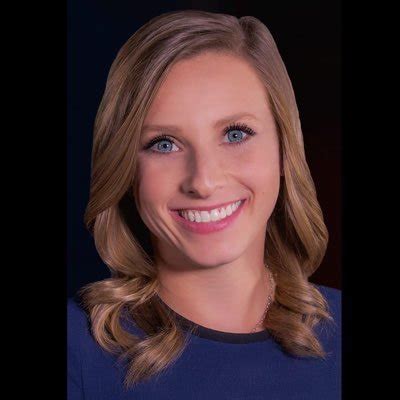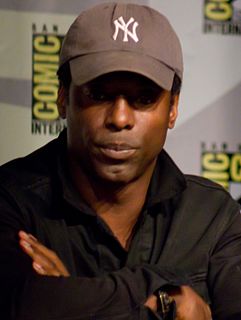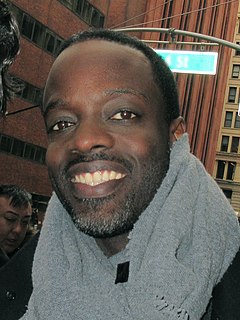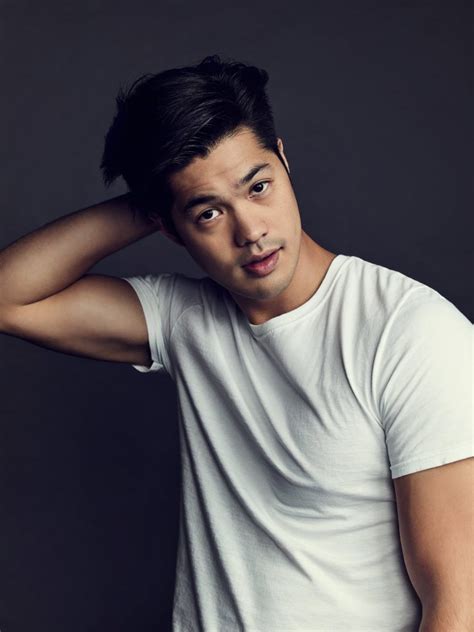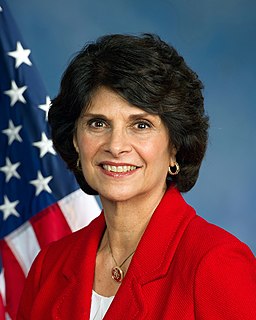A Quote by Justin Lin
After I made 'Better Luck Tomorrow' and started taking meetings in Hollywood, I quickly learned that Asian Americans weren't even in the conversation as a minority, since there wasn't even a significant enough audience, and especially an audience for Asian American content.
Related Quotes
Within the model minority rhetoric, Asian Americans are represented as “good” minorities and African Americans are represented as “bad” minorities. Here, the achievements of Asian Americans are used to discipline African Americans. As model minorities, Asian Americans achieved the status of “honorary Whites”. Again it is important to point out that the honorary whiteness of Asian Americans was granted at the expense of Blacks. It is also significant that as “honorary Whites,” Asian Americans do not have the actual privileges associated with “real” whiteness.
It's very difficult to be asking other people for opportunities. It is much more empowering to be creating opportunities, to be the one who is saying, 'Look, I'm going to take this from the ground up and create a story that is meaningful to me as an Asian American and cast it with Asian Americans and have Asian Americans writing it.'
I always feel like people misunderstand the difference between an Asian story and an Asian-American story. That's completely different, too. I have friends who grew up in Asia, and our experiences are so different. Even though we might look the same, I feel like being Asian and then being Asian-American is completely different.
The Chinese Student Association at Cornell put together their own play. It was all Asian people in the cast except for me, because they wanted to do a couple of scenes about an interracial relationship. I was the only non-Asian person on stage; the entire audience was Asian apart from my 10 friends that showed up.
Hollywood can be a really tough environment for anyone trying to make a living. Unfortunately for actors of color, namely Asian Americans, opportunities have been and remain substantially limited. One place this is not the case is on 'Hawaii Five-0,' where we have three Asian American series regulars and a landscape rich with diversity.
I wish people wouldn't just see me as the Asian girl who beats everyone up, or the Asian girl with no emotion. People see Julia Roberts or Sandra Bullock in a romantic comedy, but not me. You add raceto it, and it became, 'Well, she's too Asian', or, ‘She's too American’. I kind of got pushed out of both categories. It's a very strange place to be. You're not Asian enough and then you're not American enough, so it gets really frustrating.

